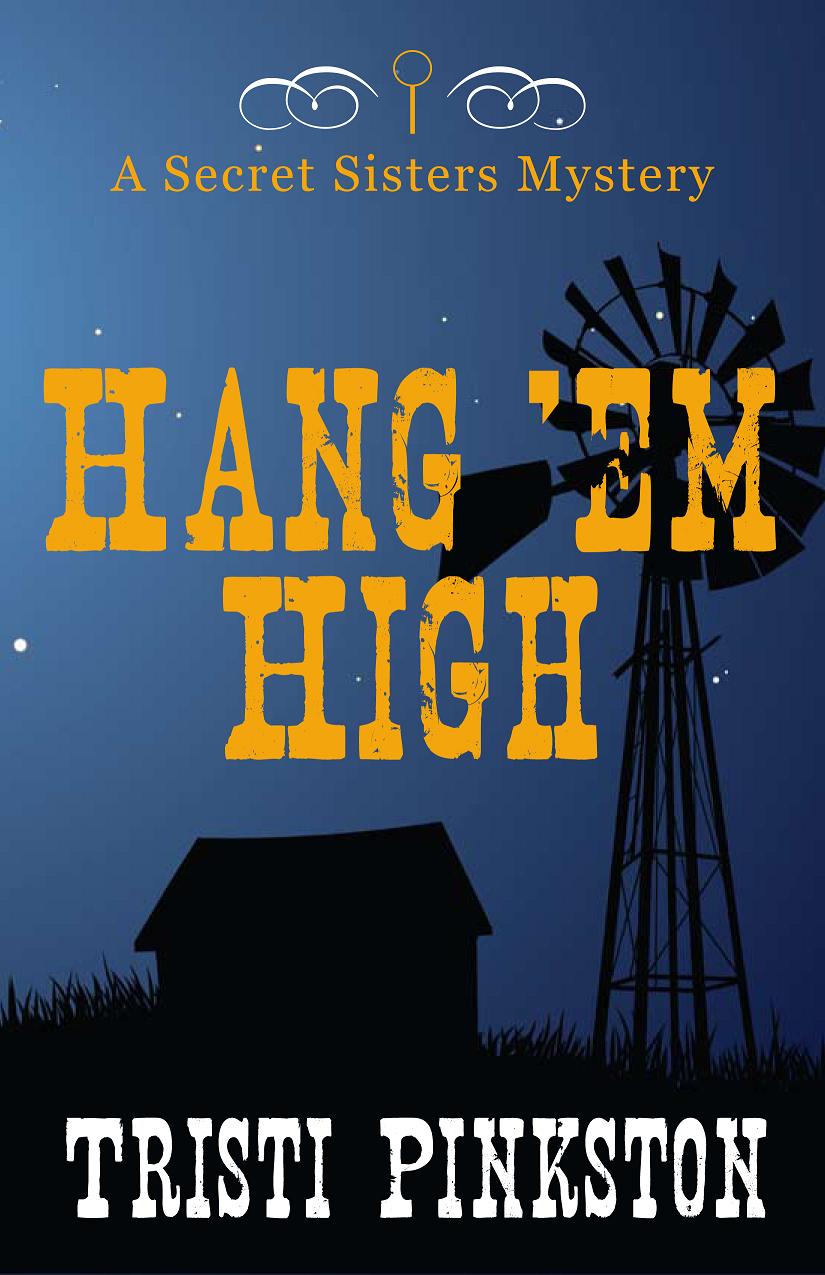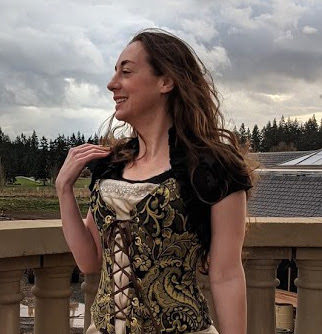Author Tristi Pinkston is excited to announce the release of the third novel in her Secret Sisters Mysteries series. Titled Hang ‘em High , this novel takes place on a dude ranch in Montana. When Ida Mae’s son invites her to come for a visit, of course she brings Arlette and Tansy along with her. They …
Sunday, July 31, 2011
Friday, July 29, 2011
Interview with Author Gregg Luke
Gregg R. Luke, R.Ph. was born in Bakersfield, California, but spent the majority of his childhood and young adult life in Santa Barbara, California. He served an LDS mission in Wisconsin, then pursued his education in Natural Sciences at SBCC, UCSB, and BYU. He completed his schooling at the University…
Wednesday, July 27, 2011
Interview with Author Bill Hart
I was born in Rhode Island in 1953. I've held many jobs in my lifetime including, but not limited to, carpenter, shipbuilder, hypnotherapist, energy therapist, author, father. I'm the author of over 1,000 articles online and I write under several pen names, including Bill Hart. The subject m…
Tuesday, July 26, 2011
Interview with Author Holly Hook
Holly Hook is also the author of Tempest and is currently working on two more young adult novels, the sequel to Tempest as well as a stand-alone comedy. Tempest Blurb: Sixteen-year-old Janelle never thought the gray spiral birthmark on her arm meant anything special. That is, until she meets Gary,…
Monday, July 25, 2011
Interview with Christine Tyler
Christine is mostly-harmless. She lives in the underwater realm of the Pacific Northwest with her Submarine Lieutenant husband and has a two-week old son that squeaks like that baby raptor in that one incubation scene on Jurassic Park. Don't you think it would have been cool if Michael Crichton…
Friday, July 22, 2011
Interview with Author W. H. Pugmire
"Wilum Hopfrog Pugmire has been writing Lovecraftian weird fiction since the mid-1970s. In 2010 he became obsessed with the idea of growing old and dying, and thus he worked feverishly on new books, and thus in 2011 he will have had four books published by Centipede Press, Arcane Wisdom Press…
Subscribe to:
Posts (Atom)
Total Pageviews
Pages
- Home
- Art
- The Watchers Books
- Time Management For Creative People Workbook
- Book Trailers
- About Deirdra
- Clothing Designs and Paper Dolls
- Photography
- The Watchers Screenplay
- Crafts and Remodeling
- Book Covers
- Animal Family
- Free Stuff
- Watchers Worldwide
- Q & A
- Contact
- Recipes & Food Art
- Family Safety Advocacy
- My Garden
- Endorsements
- The Sanctuary
- News & Events
- Little Church on the Prairie
- Religious Women's Studies
- A Storybook World Podcast
|
Add this to your site |
Highlight the code below to get A Storybook World button












